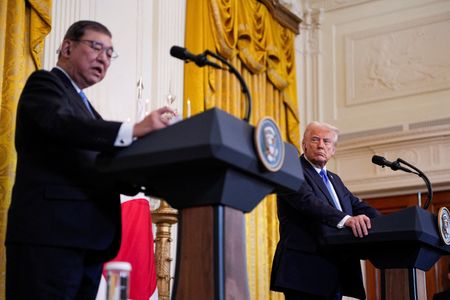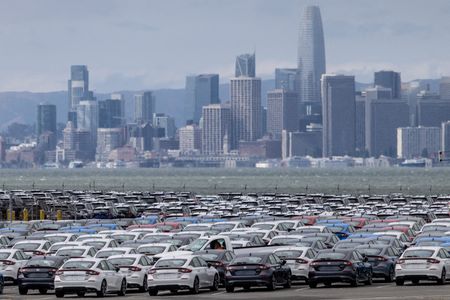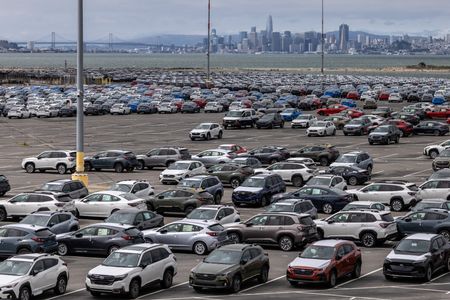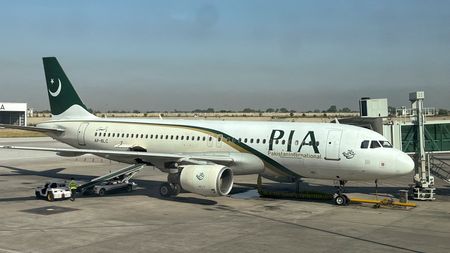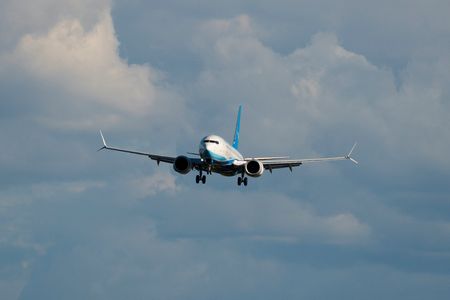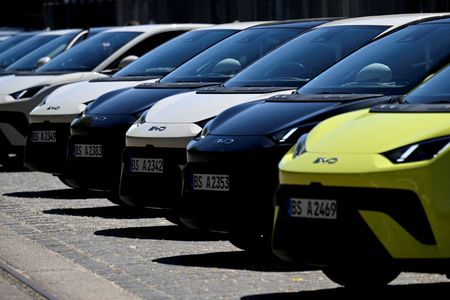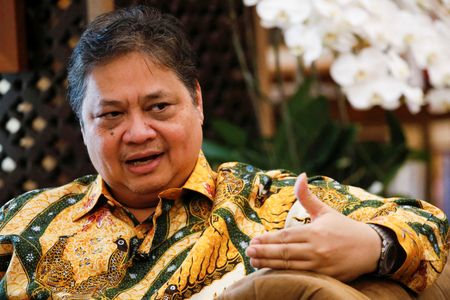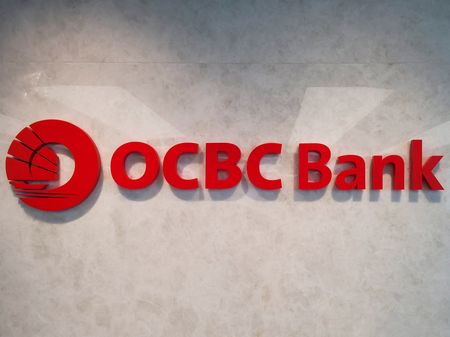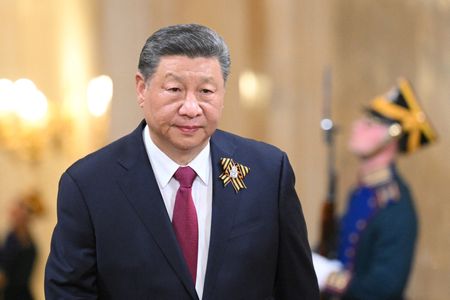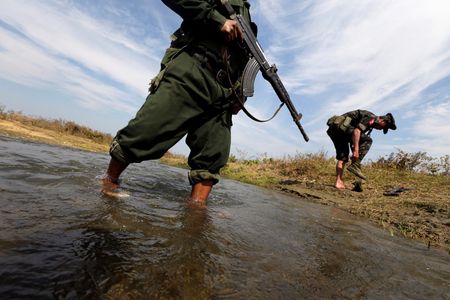By Tamiyuki Kihara, Makiko Yamazaki and Yoshifumi Takemoto
TOKYO (Reuters) -When Japanese Premier Shigeru Ishiba first met Donald Trump in February, his plan to placate the protectionist president’s long-held frustration with Tokyo on trade was a promise to invest $1 trillion in the United States.
It appeared to work. The pledge was hailed by Trump, who said at the time he did not expect “any problem whatsoever” in reaching a trade deal with Japan, citing their “fantastic relationship”.
In the months since, Tokyo’s trade negotiators stuck to that strategy to avoid lowering barriers for imports of politically-sensitive products such as rice ahead of a dicey July 20 election, said four Japanese government sources with knowledge of the talks, who spoke on condition of anonymity.
But despite showing early signs of promise, the efforts backfired spectacularly, leaving negotiators with little time and few palatable options left to avert levies set to strain the world’s fourth largest economy, the sources added.
After calling Japan “spoiled” in social media posts last week that accused Tokyo of reluctance to buy U.S rice, Trump notified Ishiba on Monday that Washington would impose tariffs of 25% on Japanese imports from Aug. 1.
“It’s a sign of Trump’s frustration,” said Kazuhiro Maeshima, a specialist in American government and foreign policy at Tokyo’s Sophia University.
“Japanese companies will need to find ways to manage their businesses in a way that does not depend on the United States.”
A spokesperson for Japan’s cabinet office, which oversees U.S. tariff matters, declined to comment on Reuters’ specific questions related to negotiations.
Tokyo will continue to seek a pact with the United States “that benefits both countries, while protecting Japan’s national interests” Ishiba told a cabinet meeting in televised remarks on Tuesday.
The U.S. embassy in Japan referred questions on tariffs to the White House, which could not immediately be reached for comment.
‘DENSE FOG’
Japan, the largest foreign investor in the United States and one of its biggest trade partners, was among the first countries to engage Washington in tariff negotiations after Trump announced sweeping trade duties on April 2.
Led by one of Ishiba’s closest confidants, Economy Minister Ryosei Akazawa, Tokyo’s negotiators pledged investments in sectors such as energy and steel during seven visits to Washington between April and June, the sources said.
In return, they aimed to get Washington to drop tariffs on the automotive sector, which employs one in ten of Japan’s workers and accounts for a fifth of overall exports.
They also hoped it would head off any U.S. demands for Japan to drop its own levies on agricultural products such as rice, moves opposed by rural voters as an election loomed.
Polls show Ishiba’s ruling coalition is at risk of losing its majority in the upper house vote, which could cast doubt over his shaky government and his own political future, analysts say.
Tokyo’s negotiators believed they were making progress and had found a sympathetic ear in Commerce Secretary Howard Lutnick, with whom Akazawa regularly spoke in Washington and by telephone.
In his public remarks, Akazawa repeatedly said the two sides aimed for a deal by the time Ishiba and Trump were due to meet for a second time on the sidelines of the G7 meeting at Kananaskis in the Canadian Rockies, from June 15 to 17.
But as the date neared, his optimism appeared to wane. “It feels like we’re still in a dense fog,” he told reporters on June 10, shortly before he left for Washington.
When the leaders met in Canada, Trump appeared tired and disinterested and neither spoke much about trade, deferring to their cabinet ministers, said a source with knowledge of the meeting.
Afterwards, Ishiba told reporters the meeting had confirmed “discrepancies in our understanding”.
Two weeks later, Trump took to Truth Social in frustration.
“To show people how spoiled countries have become with respect to the United States of America, and I have great respect for Japan, they won’t take our rice, and yet they have a massive rice shortage,” he said.
Some Japanese officials believe Tokyo will have to change tack and consider lowering barriers on farm imports to appease Trump.
Others, including Tokyo’s top trade negotiator Akazawa, have said Washington must reduce tariffs on Japan’s vital automotive sector if a broader deal is to be reached.
But first Ishiba must face his public, some of whom are growing increasingly frustrated by the lack of progress.
“Given the tariffs number that we got, frankly it makes me wonder what all the past negotiations were for,” said Hidetoshi Inada, 64, speaking outside Tokyo’s Shimbashi station on his way home from his office job for a telecoms firm.
“The outcome is everything,” he said.
(Reporting by Tamiyuki Kihara, Makiko Yamazaki and Yoshifumi Takemoto in Tokyo; Additional reporting by Irene Wang in Tokyo; Writing by John Geddie; Editing by Clarence Fernandez)

